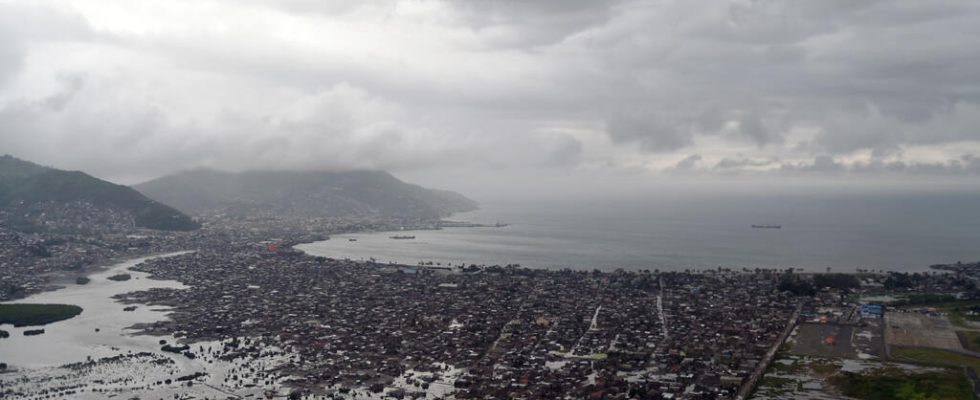More than fifty Haitians expelled from the United States were forcibly repatriated by plane on Thursday, April 18, through the Cap-Haïtien international airport, the only one still operating in the country. Between Washington’s intransigence, the diplomatic crisis with the Dominican Republic and the violence of powerful gangs, Haitians find themselves very helpless.
2 mins
With our special correspondents in Cap-Haitien, Vincent Souriau And Boris Vicith
Washington is resuming expulsions of Haitian nationals, despite the extremely serious crisis affecting Port-au-Prince, the capital, and the entire center of the country. This is a first since January, and it took many people by surprise, given the worsening security climate in Haiti. Even if we are talking about individuals who were on American soil without being in good standing, there was no objective reason to resume these flights now and to throw, in a way, these Haitian nationals into the jaws of the wolf. This decision provoked an outcry from several human rights organizations on Thursday.
A decision which comes in addition to similar measures taken by the Dominican Republic, a country bordering Haiti, even if the context is different. It’s been going on for months, with this diplomatic crisis between the two neighbors. In September 2023, the Dominican government decided to close its borders to Haitians, whose country was in the midst of an outbreak of violence. And this while the Dominican Republic serves as an economic hub for Haitians, many of whom work and obtain supplies there, since the majority of products found in commerce in the north of Haiti, and even beyond, comes from there.
And since then, there has been no relaxation at the border, despite the crisis caused by gangs in Haiti. There was a slight improvement, at least on paper, for economic reasons. The Dominican presidency ended up reestablishing, after a few weeks, what it called “provisional trade corridors”, with in theory strict military control and biometric registrations to avoid clandestine crossings. In reality, I went there on Thursday, to Ouanaminthe, on the northern border between Haiti and the Dominican Republic: it’s a sieve. We cross the demarcation line almost without any control. For Haitians, this is both good and bad news. The good thing is that they can still obtain commercial products from the Dominican side. The bad news is that if they manage to stay in the Dominican Republic, they are increasingly subject to racketeering and trafficking orchestrated by local mafias.
Read alsoHaiti: security concerns in Cap-Haitien faced with the influx of populations fleeing Port-au-Prince
